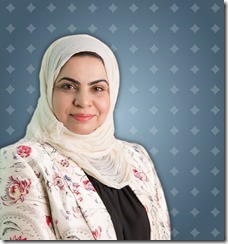Orange reaffirmed ambitions to grow its presence across Africa and the Middle East via acquisition, as the company established a separate holding company for its operations in the regions, effective from this month.
The move, which has been mooted for over year, will see Orange launch a holding company for all its assets in both regions under a single legal framework. Orange operates in 19 countries across Africa and the Middle East and said it has ambitions to grow revenue by approximately five per cent per year through to 2018. It also aims to increase operating profit faster than sales growth.
The separate entity could potentially be used to attract new investors and strategic partners to team up with Orange. Most recently, the company said it was looking for investors in Egypt, while planning to increase its stake in Morocco’s Meditel.
Orange revealed its Africa and Middle East unit is presently the group’s most profitable, with a 33 per cent average increase in revenue, compared to 31 per cent in other regions.
It added that its strategy for Europe is based around convergence, which was reaffirmed by its proposed acquisition of Spain’s Jazztel. Orange also confirmed it was not looking to expand anywhere else, apart from its three core markets of Africa, the Middle East, and Europe.




